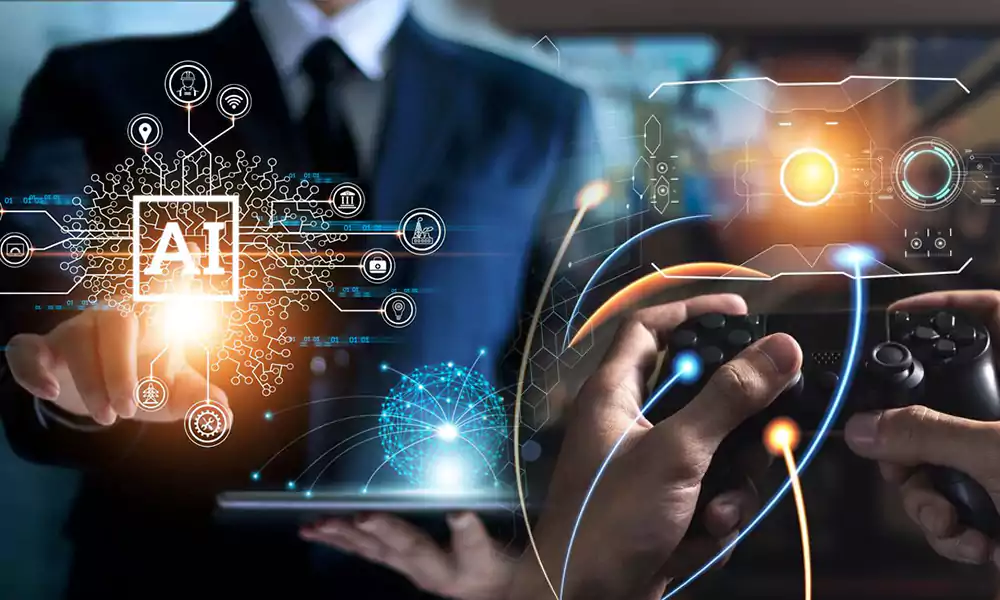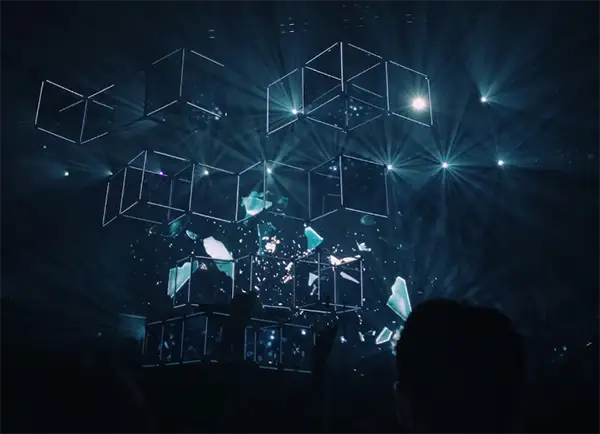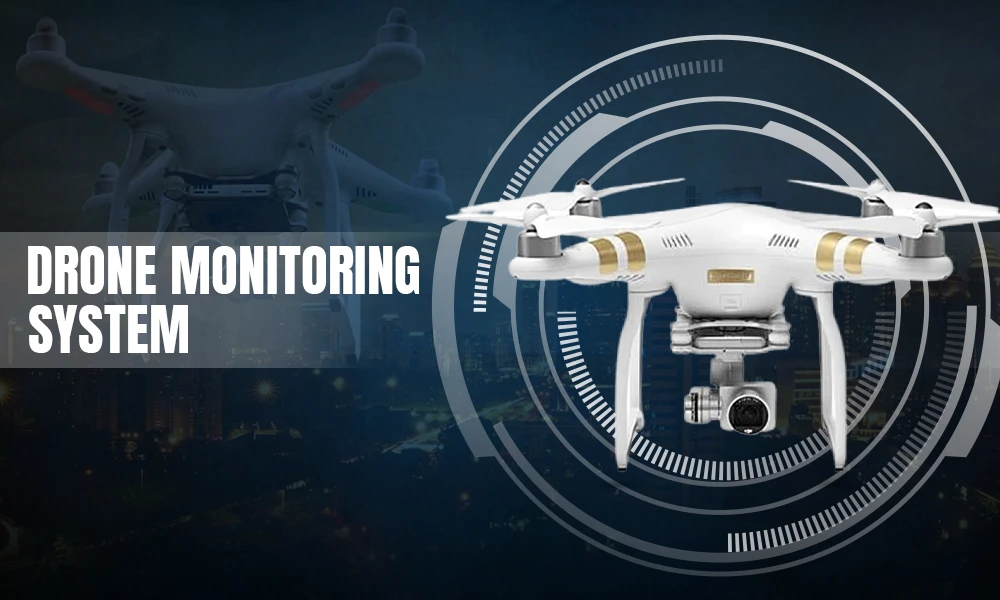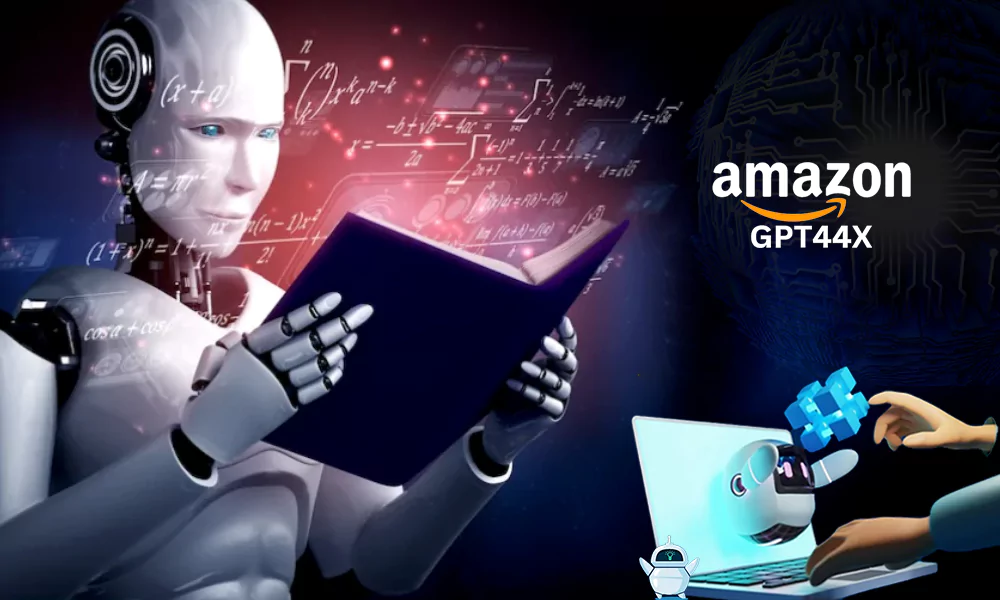The Impact of AI on Video Game Development


The world of video games has always been in the lead when it comes to technological innovation, and one of the most recent and remarkable advancements has been the merging of Artificial Intelligence (AI). Its importance in the gaming and tech industries cannot be overstated, as it plays an influential role in shaping the future of video game development.
This article will examine the impact of its technology on various aspects of game evolution, from procedural content creation and non-player character (NPC) behavior to its testing and personalization. additionally, we will also discuss its chances in the future gaming industry.
The Evolution of AI in Video Games
We can describe the journey of AI in the world of video games as a remarkable one. In the early period of gaming, this technology was just a set of preset rules. Remember Pong? Its primary AI was accountable for moving the paddles up and down. As we moved further into the technological era, it became more powerful. Take Pac-Man from the 80s, for example, where each ghost was given its own distinct behavior, adding a twist to gameplay that was, at the time, revolutionary.
Now, let’s fast forward to the rise of online gaming. Here we see the creation of online casinos. Artificial Intelligence has played a pivotal role in these platforms, providing a lifelike and immersive experience that was previously unheard of in this sector. In the context of a live casino, it becomes the unseen force driving game logistics, tailoring user experiences, and even enabling real-time interactions. It makes players feel like they’ve stepped into a bustling casino, all without leaving the comfort of their homes.
Today, its complexity in this world is astonishing. We’re now seeing games that exploit the power of machine learning and neural networks, resulting in incredibly smart, adaptable in-game characters and environments. Its evolution is not about just enhancing how we play them, it’s reshaping the landscape of what we thought was possible in video gaming.
Uses of AI in Game Development

AI has multiple functions in its development, enhancing gameplay and user experience in unprecedented ways.
Procedural Content Generation
One of the ways it is used in video game development is through procedural content generation. Developers use this technology to create dynamic levels, environments, and other in-game content that can adapt to the player’s actions. This technology has allowed for the creation of expansive and immersive game-world such as “No Man’s Sky.”
NPC Behavior
It also plays a crucial role in determining NPC behavior. With its help, NPCs can adapt to player actions, make decisions, and provide a more realistic and immersive gameplay experience. The Radiant AI system used in “The Elder Scrolls” series is a perfect example of this.
Game Testing
AI has transformed its testing and software quality assurance processes, automating the identification of bugs and performance issues. It can simulate player actions and behaviors, identifying potential problem areas that might not have been evident in traditional testing.
Personalization
Perhaps one of its most exciting use in gaming is personalization. AI can analyze a player’s behavior to adapt gameplay, making the experience more engaging and personalized. For instance, “Left 4 Dead” use it to change gameplay based on player performance.
AI in Action
Many games and studios have effectively used it in their development processes. “Middle Earth: Shadow of Mordor” created the Nemesis System, which allowed enemies to remember past encounters with the player and react accordingly. On the other hand, “Hellblade: Senua’s Sacrifice” used it for realistic facial animations, enhancing the game’s emotional impact.
The Future of AI in Video Game Development
The future of AI in video game development holds exciting possibilities. Emerging trends like machine learning and neural networks could further revolutionize its design and player interaction. It could potentially create entire games, generate realistic human-like behaviors in NPCs, and offer even more personalized gaming experiences.
Challenges and Considerations
Despite the many advantages, there are also challenges to approach and considerations to make when using it in its development. These include ethical concerns, such as its usage affecting job security in the industry, and technical challenges, like the complexity of creating AI that can effectively mimic human behavior. However, one thing is clear: human creativity and decision-making will always be crucial in video game innovation.










